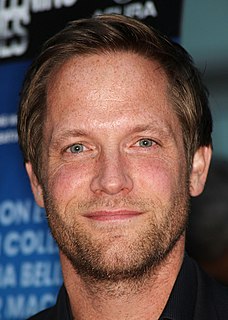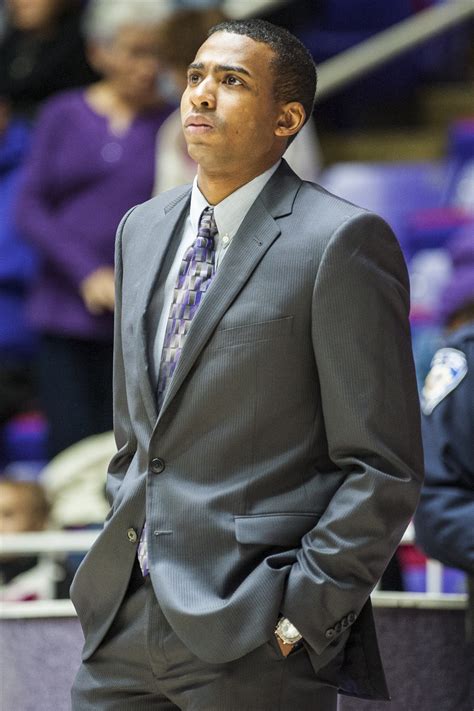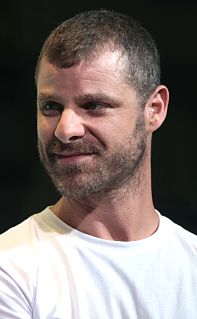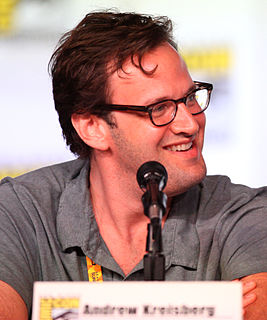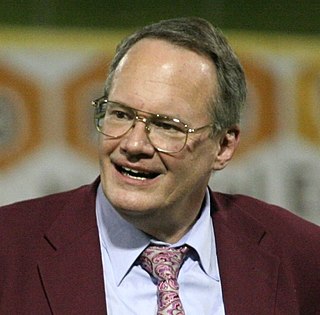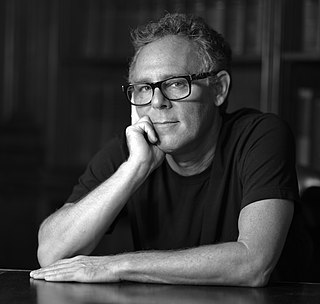A Quote by Matt Letscher
You especially want to strive for that nuance on a show like 'The Flash,' which is different from 'Legends' in the sense that it's really, at its heart, a smaller show. It's a more intimate show, in a way.
Related Quotes
We like to keep the show small. Honestly, where we moved the show to the UCB theater, we moved it to a smaller space. Even though the show has technically gotten more popular. And that is, only because we like intimacy and the ability to experiment more. We don't want to be like, "We can get 250 people in a week. So let's do that. But we have to be careful about who we book..."
It's a very different show because of the elements that we're putting in. There's so many different styles of comedy, but Mr. Show was unique to Bob and David - two of the most brilliant performers and writers there are. Their show was based on them. Our show is a bit more broad. We have a cast of 7, we have guests. We can be slightly more topical.
The way I try to explain it the best is that if Critic A from publication A hates our show, and Critic B from publication B loves our show, what are we supposed to do with that? We have to just respect everyone's opinions and go on making the show we want to make. I've never worked on a show that was altered by critical reception. You just can't afford to do that. So in that regard, it's actually no different that working in theater. It's just a lot more voices.
When I was on 'The Golden Girls,' we'd have eight scenes per show. And when 'Seinfeld' came along, they went to, like, 30 scenes a show, which was revolutionary. 'Arrested Development' has probably got 60 scenes per show. It just keeps emerging as this more and more complex thing. I always try to keep it very simple at its heart.
'Ragtime' was the most magical show that I've done. I had an incredible experience with that, with the show itself, with the cast, with the audience. The response to that show - my God, it really blew me away, the reactions to that show, the way it changed their lives and altered their thinking, their own self-discovery.
Every wrestling show is now designed to be the greatest show ever. In contrast, the NWA show is different. It didn't tire people out to watch, something was allowed to register. It is the exact antithesis of planned, big budget, choreographed, scripted sports entertainment, and that is what makes the show so different.
Our respect for the dead, when they are just dead, is something wonderful, and the way we show it more wonderful still. We show it with black feathers and black horses; we show it with black dresses and black heraldries; we show it with costly obelisks and sculptures of sorrow, which spoil half of our beautiful cathedrals. We show it with frightful gratings and vaults, and lids of dismal stone, in the midst of the quiet grass; and last, and not least, we show it by permitting ourselves to tell any number of falsehoods we think amiable or credible in the epitaph.
